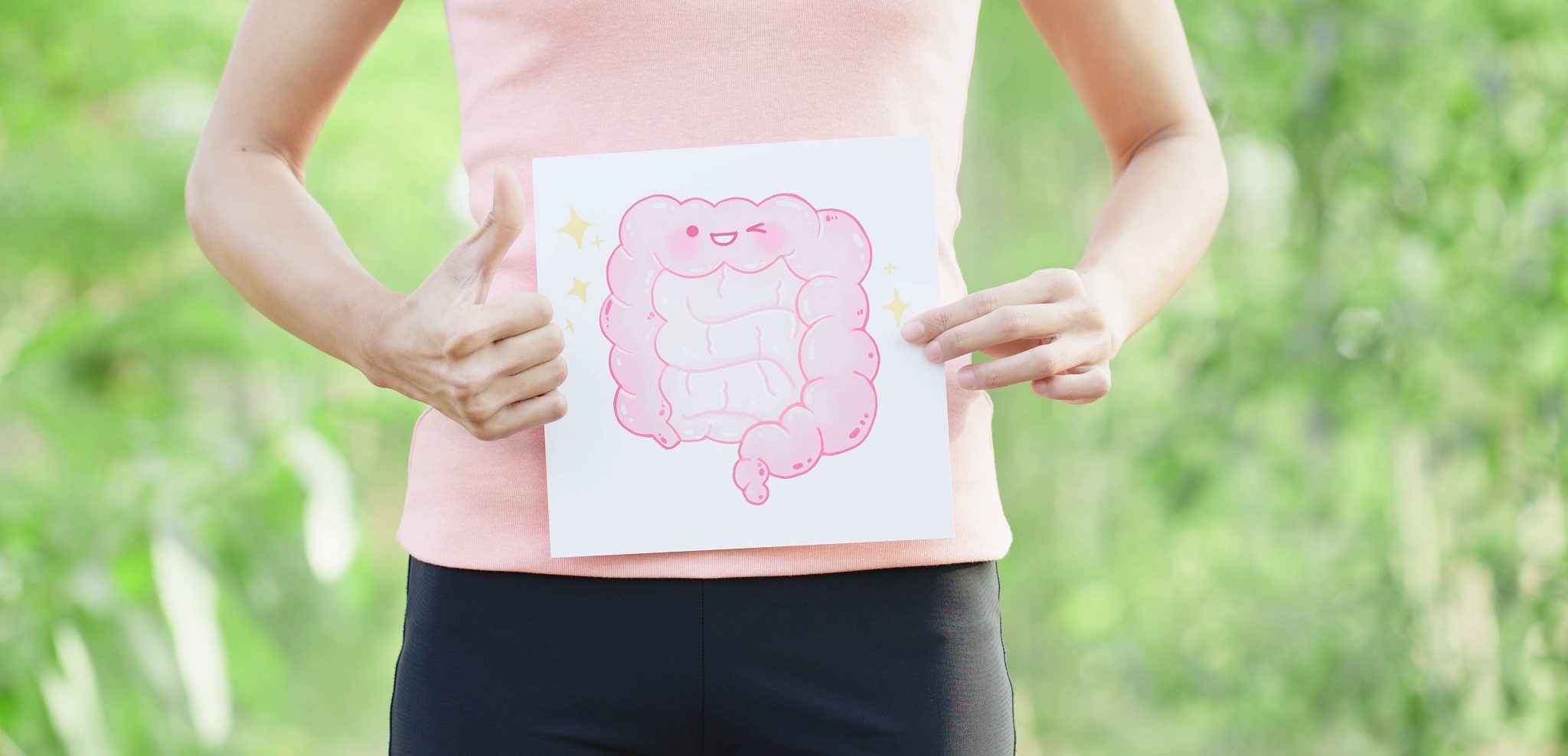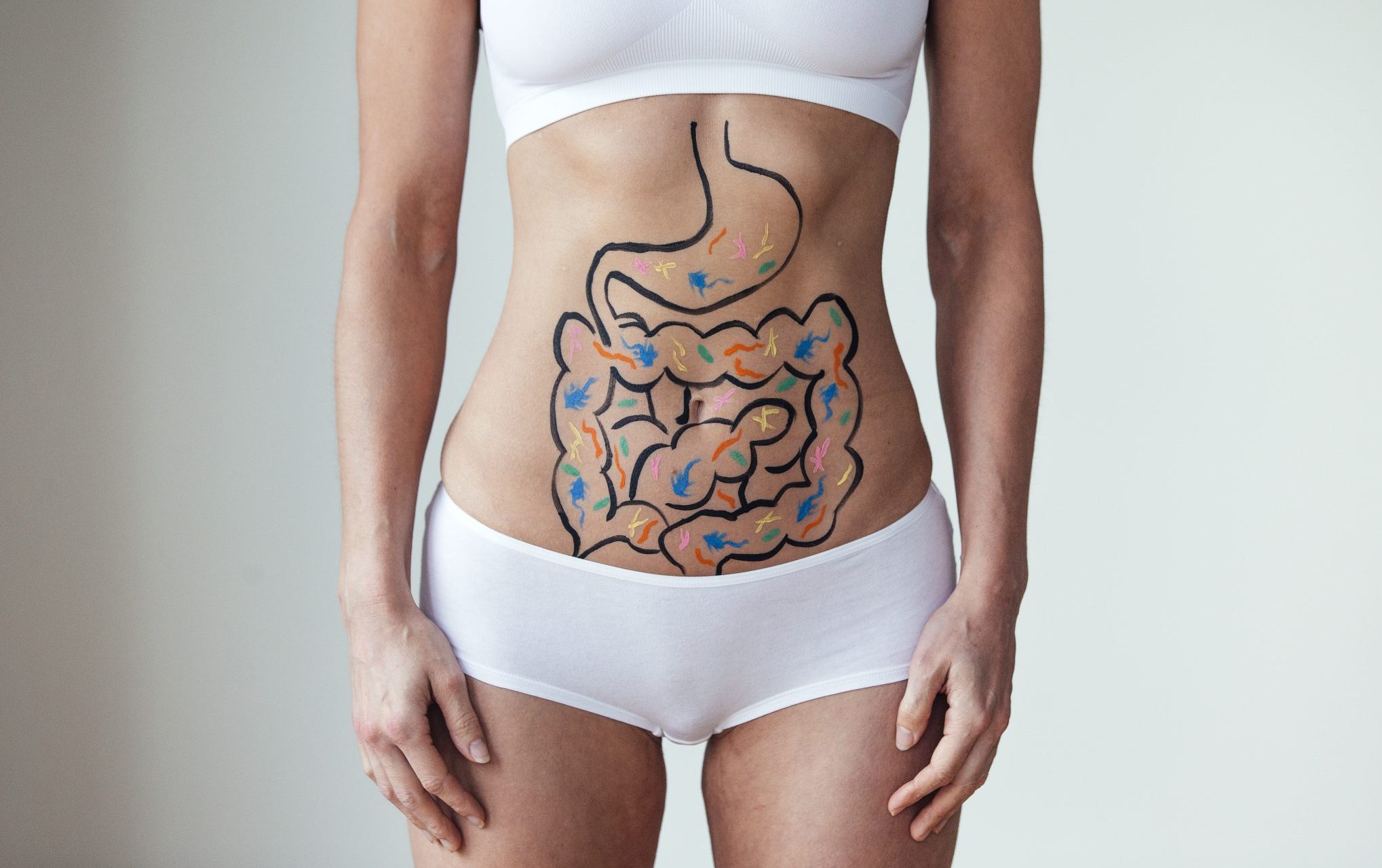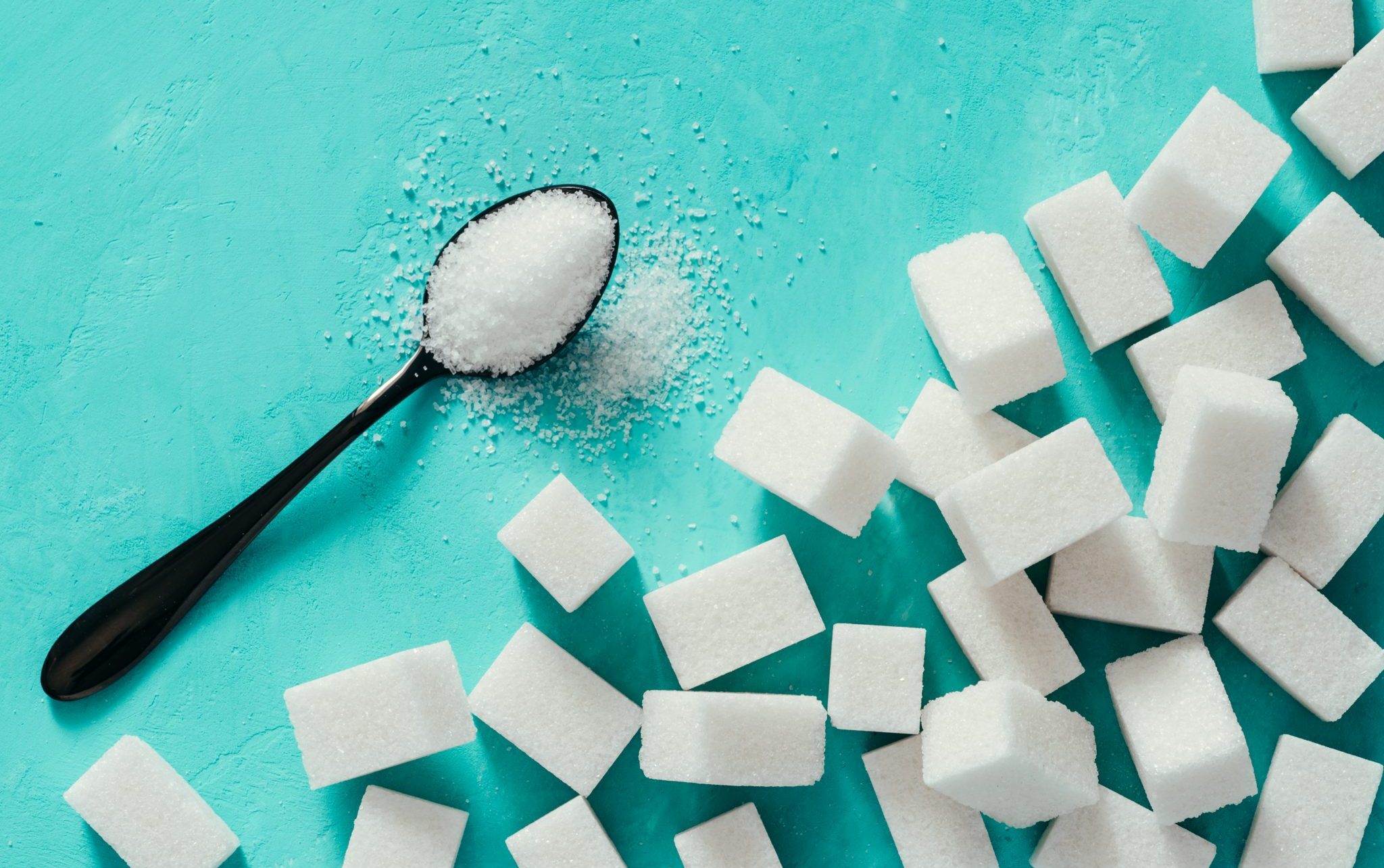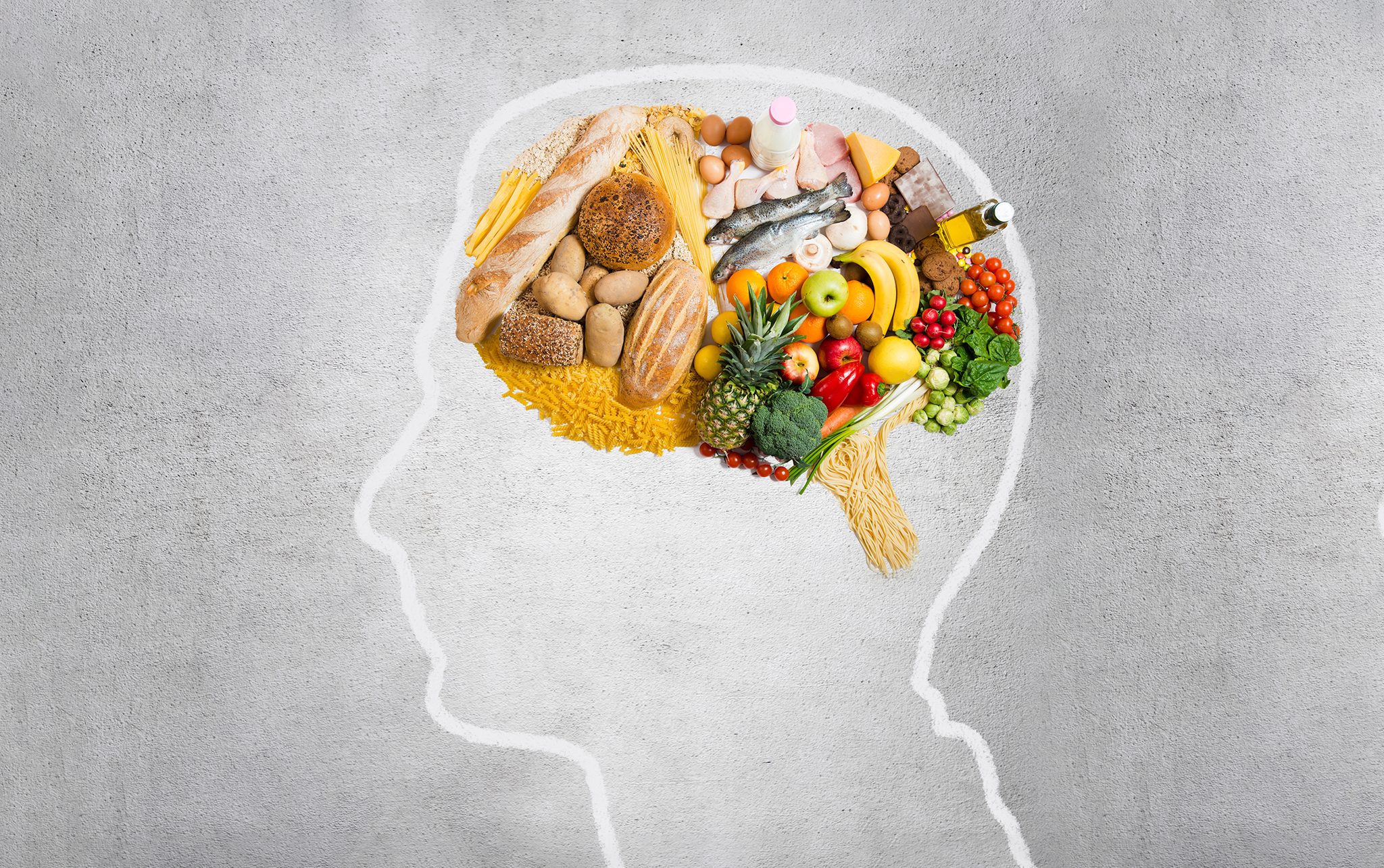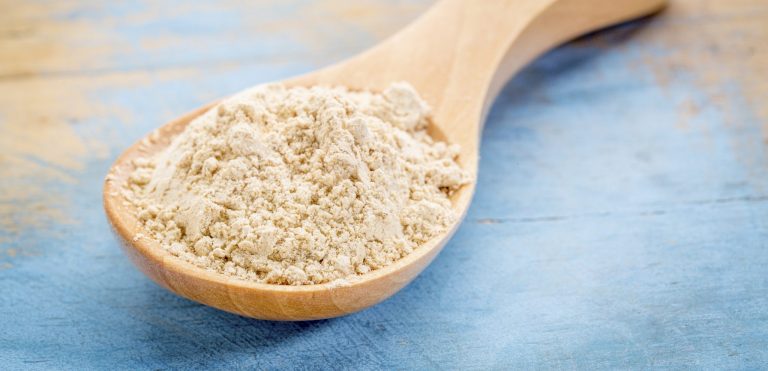I can’t express how important the digestive system is. That’s what keeps us alive – the ecosystem of our body. When animals begin to thrive on lands where they don’t belong to, delicate ecosystem is getting destroyed. Same exact thing is happening to our body when we have leaky gut syndrome (intestinal permeability). Unfortunately, there is no magic pill out there that can cure it, but diet to heal leaky gut does exist.
The whole idea behind this syndrome is up in the air. There is so much that is unknown. Gastroenterologists propose a theory that the inside of the bowel is lined by a thin layer of cells that make up the barrier between the inside of the intestine and the rest of the body. So, permeability is when these junctions become lose and allow big undigested particles pass through the thin wall of your intestine and enter the bloodstream. These particles become toxic and cause a chain reaction of problems:
- food sensitivities
- bloating and gas
- inflammatory bowel disease (IBD: ulcerative colitis and crones disease)
- irritable bowel syndrome (IBS)
- fatigue
- joint pain
- clinical depression
- skin problems (eczema and psoriasis)
- number of autoimmune diseases including celiac
We can blame
- Genetics
- Poor nutritional choices
- Stress and anxiety
- NSAID painkillers (aspirin, ibuprofen) – cause intestinal bleeding even in very small doses. They eat away at your gut lining. Instead, try curcumin for pain caused by inflammation.
- Antibiotics wreak havoc on your microbiota (intestinal flora) – good bacteria that are fundamental for our survival.
One quarter of what you eat keeps you alive. The other three quarters keeps your doctor alive.
Ancient Egyptian Proverb
In order to restore the ‘ecosystem’ of your body, you need to remove any source of danger.
Try to cut down on
- Sweet ‘N Low or saccharine. Not only this artificial sweetener was proven to cause cancer, but also damages the good bacteria. As a result, saccharine impacts digestion and increases risks for glucose intolerance and diabetes.
- Vegetable cooking oils: (corn oil, canola, soybean and sunflower oil) – the most heavily industrially-processed food we eat. Oxidized vegetable oil generates toxins that have adverse effect on heart, liver, kidneys and intestinal lining. Plus, the additives, pesticides, and chemicals involved in processing have been shown to produce potential cancer compounds.
- Gluten. Before you throw away everything in your pantry that might have a slight hint of gluten – get tested for celiac disease. Unless you have this condition, removing complex carbohydrates found in products containing gluten could have serious consequences. These foods provide fiber, antioxidants, vitamins, and minerals vital for the body. Barley, for example, has also been demonized due to gluten content. However, it carries tons of health benefits: rich in fiber, full of magnesium and copper, assists in controlling type 2 diabetes and lowers cholesterol.
- Alcohol. It’s totally fine to share a bottle of wine or a glass of beer with your friends once in a while, but don’t drink until you’re three-sheets-to-the-wind every weekend like it’s St Patrick’s Day. Studies have proven that there’s a link between alcohol and damaged GI tract.
- Milk. Switching to plant based milk could be a great idea in general. However, don’t abandon yogurt and kefir since they are full of probiotics, unless you are a vegan or dairy intolerant.
Icing on the cake
Among leaky gut foods to avoid must be sugar. I want to emphasize it because it’s a tough one. Refined sugar creates an acid reaction in the body which demineralizes the system and damages gut’s sensitive lining. “Out go all refined carbohydrates!” Yet, it’s easier said than done. Getting off sugar is similar to getting off an addictive drug: you can get cravings, headaches, feel depressed, fatigued, dispirited. Abandoning sweet goodness is incredibly difficult because it boosts serotonin – your brain craves this ‘happy’ feeling again and again.
Meanwhile, it seems like we are knee-deep in sugar. The USDA estimates that our consumption of refined carbohydrates has risen by 40% since 1950s. We get it in almost anything: salad dressings, commercial breads, canned/frozen foods, breakfast cereal, pasta sauces, you name it. So, try raw honey as a substitute to white sugar:
- Lower glycemic – less impact on your blood sugar. Honey gives more gentle curve on your insulin level – versus giant spike and drop that you get from sugar.
- The source of powerful antioxidants
- Loaded with electrolytes
- Contains B-pollen – fights the allergies from the inside of your body
Make dates be your dessert. They are super high in fiber and potassium. These nuggets can also help with your stool irregularity and let everything move smoothly.
A bag of tricks
The best way to reverse the damage caused by intestinal permeability is to invest in your overall digestive health.
Foods that heal leaky gut
- Bone broth. Many studies show that L-glutamine reduces intestinal inflammation. It’s a good source of amino acids necessary for gut health. The gelatin in the bones helps to seal up holes in intestines. This ‘patching’ improves porous intestinal lining.
- Veggie broth. You’d ask “What if I’m a vegetarian?” No worries, make your own veggie broth from scraps you are leaving behind as you cook. Think ends of onions, carrots peels, celery, garlic, shallots, leftovers of broccoli or cauliflower. Also, toss in anything you might have overbought and is starting to look not so hot. Look at you, saving money, reducing waste and getting all the vitamins from those bad boys.
- Salmon, tuna, trout (WILDCOUGHT not farmed) – loaded with Omega-3 fats which reduce inflammation.
- Apple a day keeps the doctor away. Nutritionists claim that certain fruit could help the good bacteria to stay alive: mango, banana, papaya and apple.
- Coconut oil – contains fatty acids that are remarkable at killing off harmful yeast and bacteria while restoring your stomach’s acidity levels.
- Brightly colored vegetables: tomatoes, bell peppers, red onions and eggplant. They are full of antioxidants that fight free radicals.
- This herb can improve digestion and absorption, detoxify the body from pathogens and reduces inflammation in your gut.
- Fennel is amazing when it comes to funky belly.
Gut-mind connection
Best diet for leaky gut isn’t limited to simply eating right. Healthy body starts with healthy mind. So often physical illness appears to stem from mental causes, but it’s dismissed as something “unreal”. However, stress to the GI tract is a fox in the henhouse – creates damaging chemicals in the body (free radicals).
Anxious feelings often provoke us to act in habitual ways. For example, when you are stressed you may find yourself shoving down cookies, french-fries or whatever your ‘poison’ is. By practicing mindfulness, you can bring awareness to your experience and respond, rather than react. By being connected to your emotions, you open up, so you can choose whether to be involved in unhealthy actions or simply stay with your feelings. Practicing mindfulness keeps body and soul together.
A range number of troubles caused by leaky gut can make us feel miserable for days, weeks, or even years. But, because the body tends to heal itself, through rest, healthy diet, and a few gentle nudges from natural sources, we stand a good chance of functioning joyfully and actively for decades.

